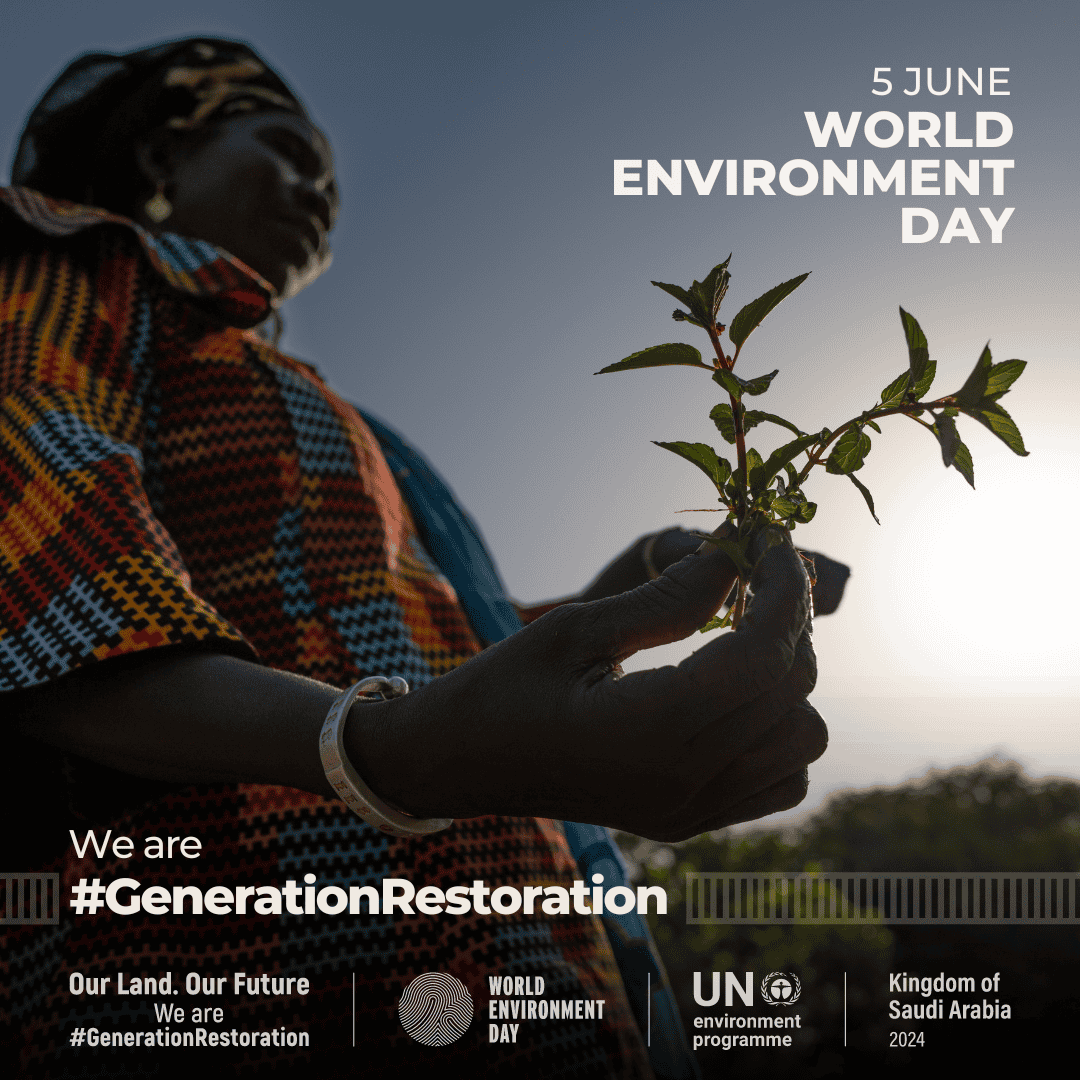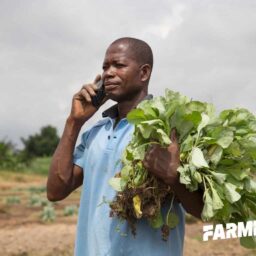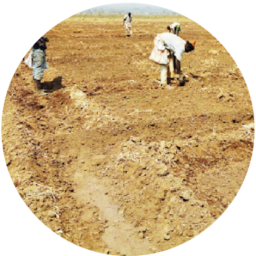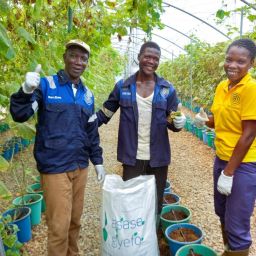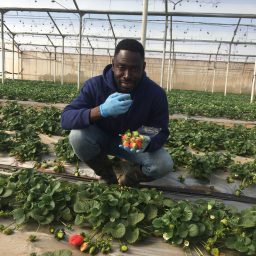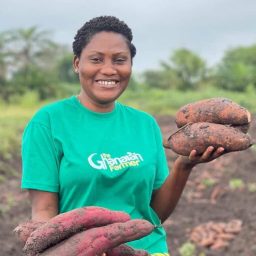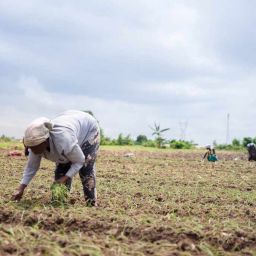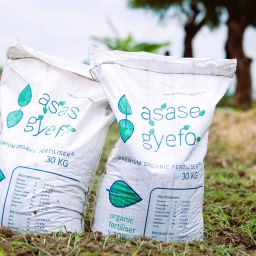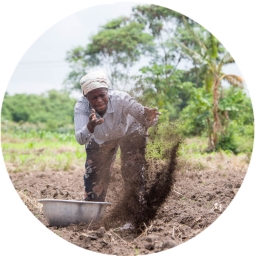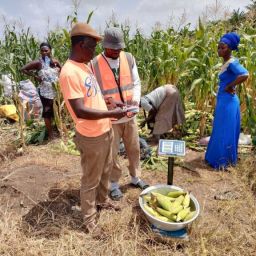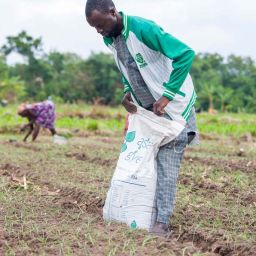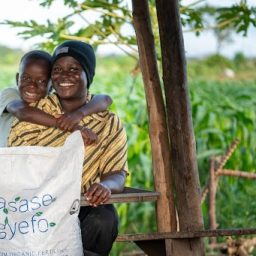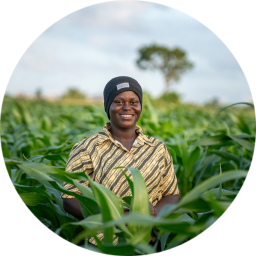ASASE GYEFO – LOVE YOUR LAND
Welcome to Safisana’s monthly sustainable farming blog curated by farmer and senior agronomist Daniel Larkai. Next week, on the 5th of June, the United Nations Environment Programme celebrates World Environment Day sounding the alarm for the negative effects of climate change such as land degradation, desertification, and drought. This month, Daniel explores Safisana’s pioneering role in Ghana in contributing to land restoration, and drought and desertification resilience.
In the face of escalating land degradation, desertification, and drought, effective waste management solutions are crucial for sustainable development. Safisana, an innovative organic waste treatment plant in Ashiaman and Kumasi, is making significant strides in this arena. By transforming organic waste that would otherwise end up in poorly managed landfills, Safisana mitigates the negative impacts on the climate, drought resilience, groundwater, soil moisture, and food production. Poorly managed landfills and other unsafe means of disposing of untreated organic waste contribute to greenhouse gas emissions, contamination of water bodies, and degradation of soil health, exacerbating climate change and threatening agricultural productivity.
Environmental impacts
Safisana’s operations produce three vital products: biogas, clean power fed into the national grid, and Asase Gyefo premium organic fertilizer. The generation of biogas from organic waste not only provides a renewable energy source but also reduces methane emissions a potent greenhouse gas. The clean power generated supports the national grid, contributing to energy resilience and sustainability. The Asase Gyefo fertilizer, derived from fecal sludge and organic market waste, plays a crucial role in improving soil health. Without proper treatment, fecal waste can contaminate water bodies and soils, releasing methane and nitrous oxide, which are key contributors to climate destabilization. By converting this waste into a valuable resource, Safisana helps to address these environmental challenges effectively.
Reducing the need for chemical fertilizers
The Asase Gyefo premium organic fertilizer significantly contributes to regenerative agriculture. By enhancing soil organic carbon, this fertilizer supports the COP 21 initiative, which aims for a 0.4% annual increase in soil organic carbon to combat climate change. Improved soil health not only stabilizes the climate by sequestering carbon but also enhances soil structure and fertility, leading to sustainable food production and security in the sub-region. The increased organic matter in the soil helps retain moisture, making crops more resilient to drought and reducing the need for chemical fertilizers, which can degrade soil health over time.
Safisana’s innovative approach to organic waste treatment exemplifies how integrated waste management solutions can address critical environmental and agricultural challenges. By transforming waste into valuable, this model fosters resilient communities capable of withstanding the adverse effects of climate change while supporting sustainable agricultural practices and ensuring food security.
To learn more about Daniel’s background, read the interview in our #WeAreSafisana post.
Check all Asase Gyefo sales points here. For more information about our product, please reach out to our agronomy team via the Contact Page.




